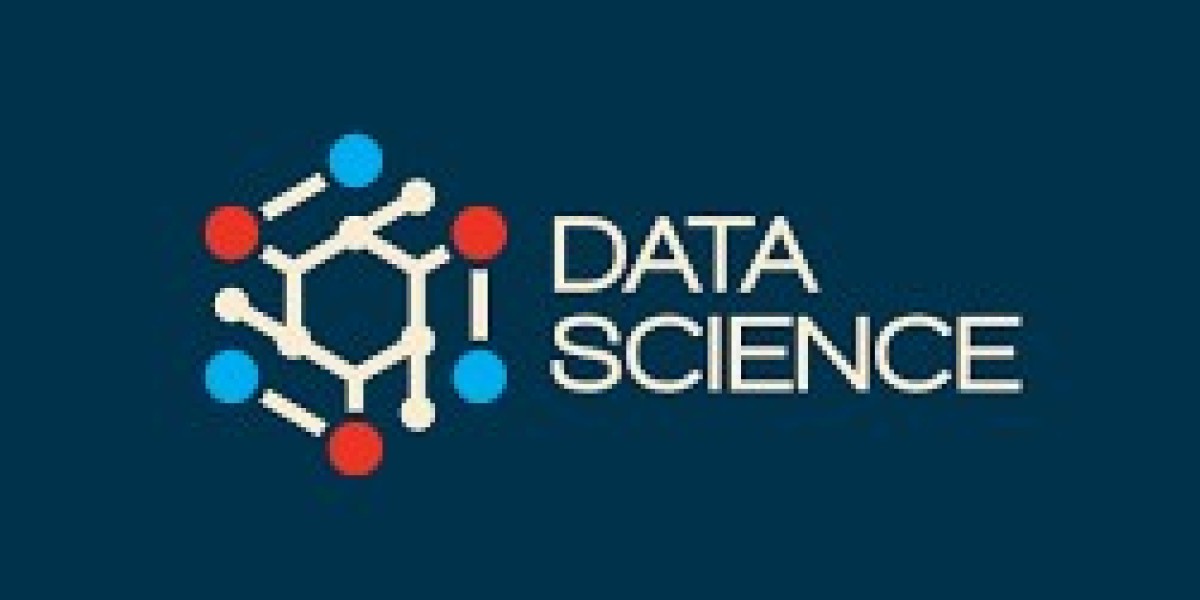Data Science is a rapidly growing field that combines statistical methods, programming skills, and domain expertise to extract meaningful insights from data. Pursuing a Bachelor of Science (BS) in Data Science can open up numerous career opportunities in various sectors. If you’re considering this path, it's essential to understand the eligibility criteria for enrolling in a BS Data Science program.
Educational Qualifications
The primary eligibility criterion for a BS in Data Science is a strong educational background in mathematics and science. Most universities require applicants to have completed their high school education with a focus on subjects like mathematics, physics, and computer science. A good grasp of these subjects is crucial as they form the foundation of data science principles and techniques.
In many countries, students need to have completed their 10+2 education, which is the equivalent of high school, with a specific emphasis on mathematics. Some institutions may also consider subjects like statistics and information technology. It's advisable to check the specific subject requirements of the university or college you are applying to, as these can vary.

Minimum Grades and Scores
Universities typically set minimum grade requirements for admission into a BS Data Science program. These requirements can differ widely depending on the institution and the country. Generally, a strong academic record with high grades in mathematics and science subjects is essential.
For instance, in the United States, you may need a certain GPA (Grade Point Average), while in other countries, your grades in relevant subjects will be crucial. Additionally, standardized test scores, such as the SAT or ACT in the US, might be required. Achieving high scores in the math sections of these tests can significantly boost your application.
Entrance Exams
In many regions, universities conduct entrance exams to assess the aptitude of prospective students. These exams typically cover topics like mathematics, logical reasoning, and sometimes basic programming skills. Performing well in these entrance exams can be a significant step towards securing admission to a competitive BS Data Science program.
Some well-known entrance exams for data science or related fields include the Joint Entrance Examination (JEE) in India, which tests students on their knowledge of mathematics, physics, and chemistry. Preparing thoroughly for these exams is crucial, as they are often highly competitive.

Language Proficiency
Since most BS Data Science programs are taught in English, demonstrating proficiency in the language is often a requirement. International students may need to take standardized tests such as the TOEFL (Test of English as a Foreign Language) or IELTS (International English Language Testing System) to prove their English language skills. Meeting the minimum score requirements in these tests is typically mandatory for admission.
Personal Statement and Letters of Recommendation
Many universities require applicants to submit a personal statement or essay as part of their application. This essay should highlight your interest in data science, your career aspirations, and any relevant experiences or skills that make you a suitable candidate for the program. Additionally, letters of recommendation from teachers or professionals who can attest to your academic abilities and character are often required. These documents provide a holistic view of your profile and can significantly influence the admission decision.
Conclusion
Meeting the eligibility criteria for a BS Data Science program involves a combination of strong academic performance, proficiency in mathematics and science, successful completion of entrance exams, and demonstrating English language skills. Carefully preparing and fulfilling these requirements can pave the way for a successful application, bringing you one step closer to a rewarding career in data science. Whether you are a high school student planning your future or a professional looking to switch fields, understanding these criteria is the first step towards achieving your goals in data science. Read more here!



